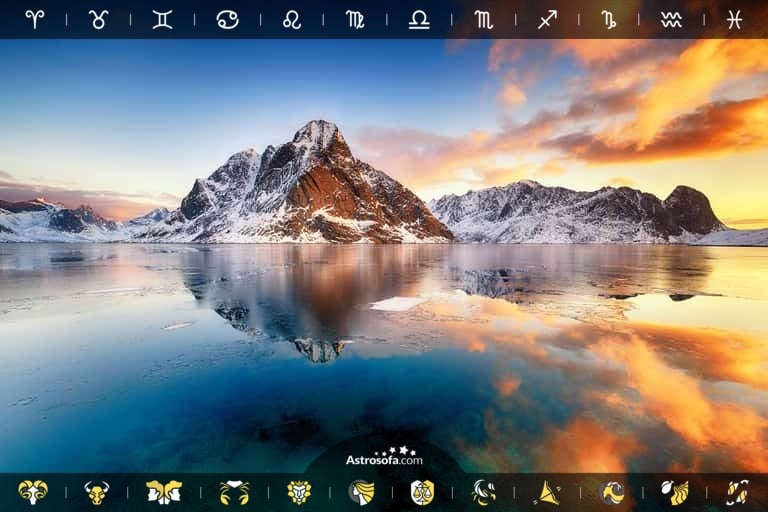
Birthday
Isaac Asimov
Isaac Asimov was born on 2 January 1920 in Petrovich, Russia, and is one of the most famous science fiction authors. He emigrated to the USA, where he became an author, biochemist, and professor of biochemistry. Asimov is best known for his works in science fiction, fantasy, and non-fiction. He is considered one of the most prolific and influential authors in science fiction and has received numerous awards for his works. Asimov died at the age of 72 on 6 April 1992.
Some of Isaac Asimov's most famous and important works are:
- The Robot Series : This series includes several novels and short stories in which Asimov presents his "Three Laws of Robotics" and explores the relationships between humans and robots in the future.
- The Foundation Trilogy : This three-part series is about a group of scientists who try to shape the future of human civilization by establishing a "foundation." The trilogy is considered a milestone of science fiction literature and has brought Asimov international fame.
Saint's day
Weather Proverb

Birthday: Capricorn
Chinese zodiac sign:
兔 Water Rabbit
43,948 days ago (120 years, 3 months, 27 days)
Daily aspects

This square can cause you to feel very lazy. You may just want to lie on the couch all day eating chips and ice cream, and drinking soda after soda. It's not a good time to invest money in any sort of real estate, or home décor, or renovations. It's also not a good time for any sort of risk taking or gambling, as your emotions will get too involved. If you are female, you may experience pain in the womb, hips and lower back while having your period.

This transit can cause you to be depressed, and search for low-level forms of enjoyment, such as watching intimate acts online. You may hook up with others for intimate pleasure, to make you feel better about yourself and desired. It's important to use protection at all costs. Violent outbursts of emotion can affect relationships during this time. Women may want to change things about you, and you could get involved in tax affairs, as well as the affairs of other people's money.

During this time, you can be eccentric, headstrong, fanatic, over-the-top, irritable, and extremely moody. It's not a good time to deal with money, with regards to business or property. You and your romantic partner may get into arguments at home.
If Mercury stands in Aquarius, we may be given originality, intuition, and vast knowledge of human nature. Or instead, we will be thinking too abstractly. Independence is particularly important now. We are more friendly and interested in art.

The Cancer Moon supports the unfolding of the pleasant side of life. The longing for home and homeland, rest, and security are in the foreground. It is an excellent opportunity to relax and develop new energy in our soul.
Current timezone: Australia/Melbourne (UTC +10:00). change timezone
Calendar
Please choose a day:



